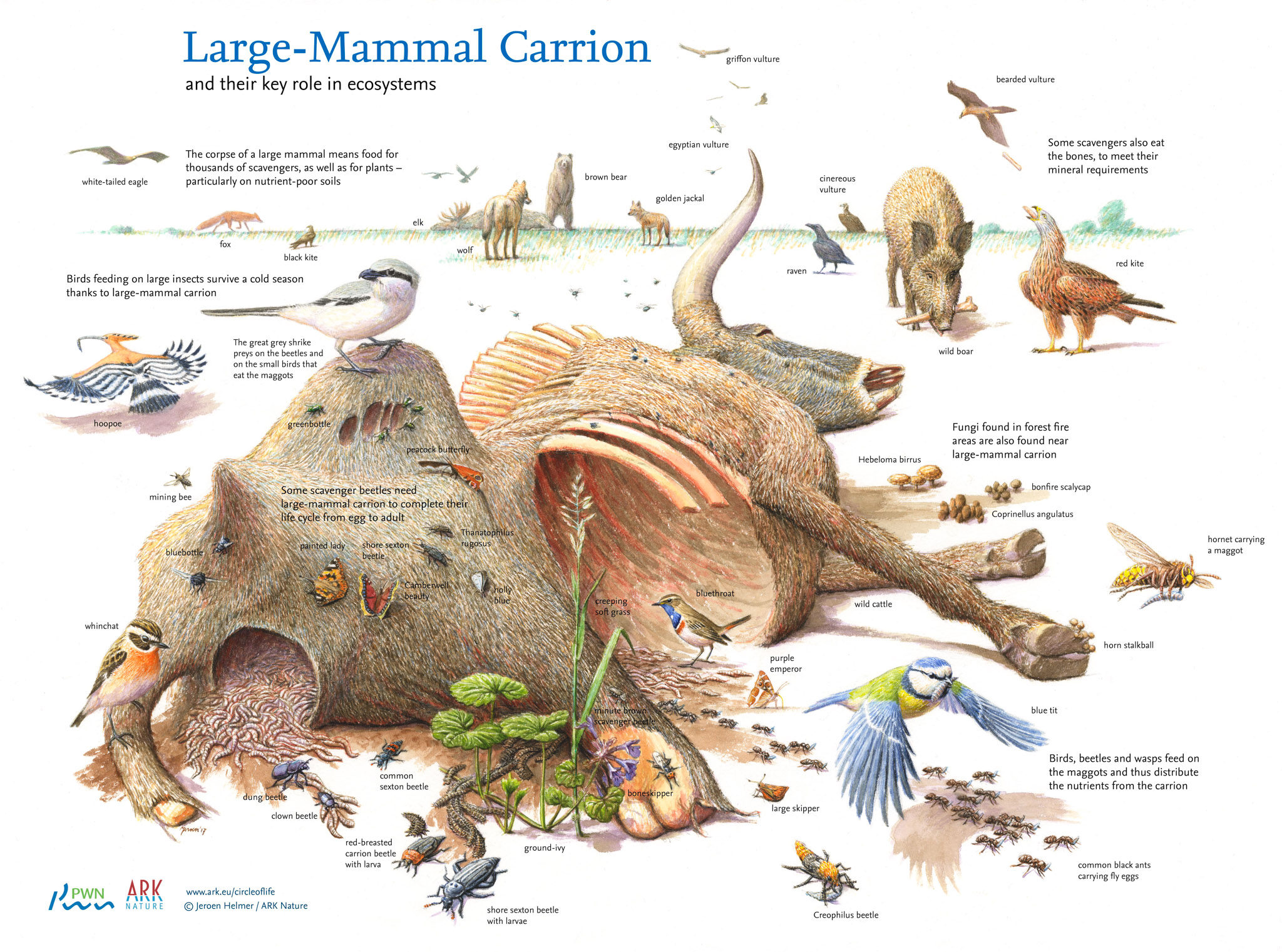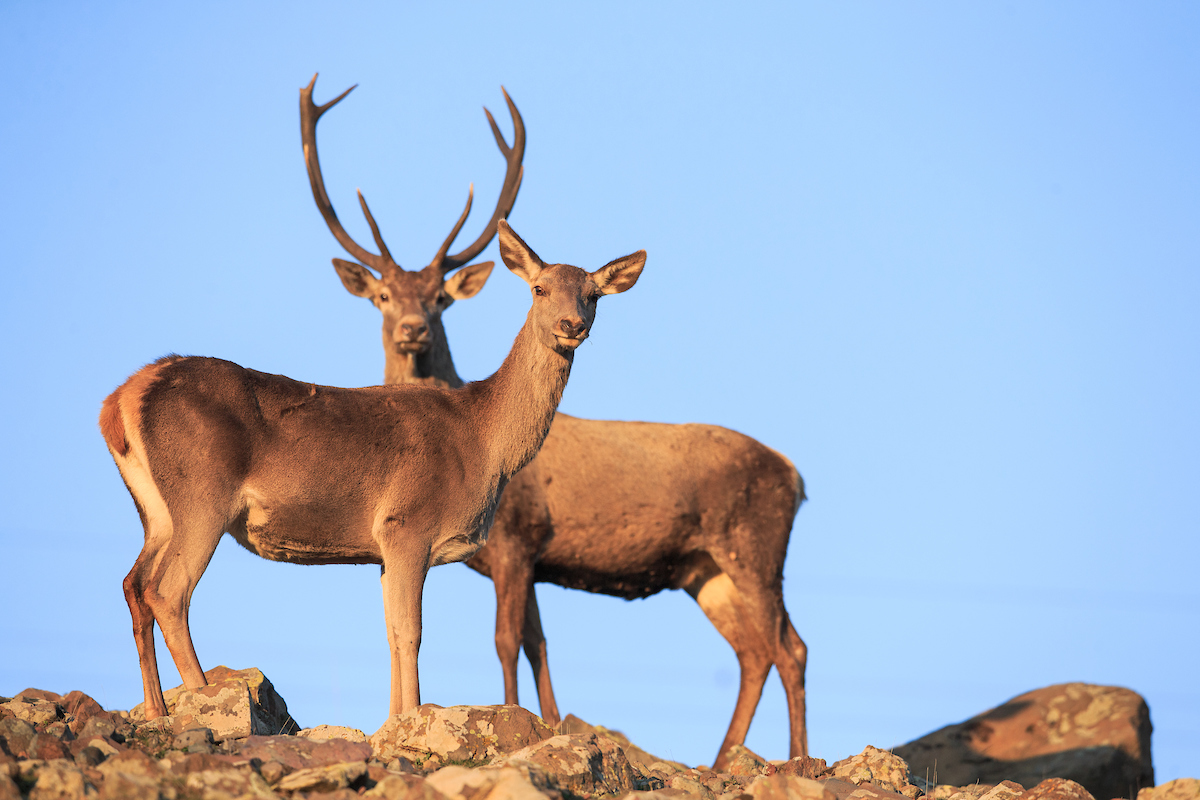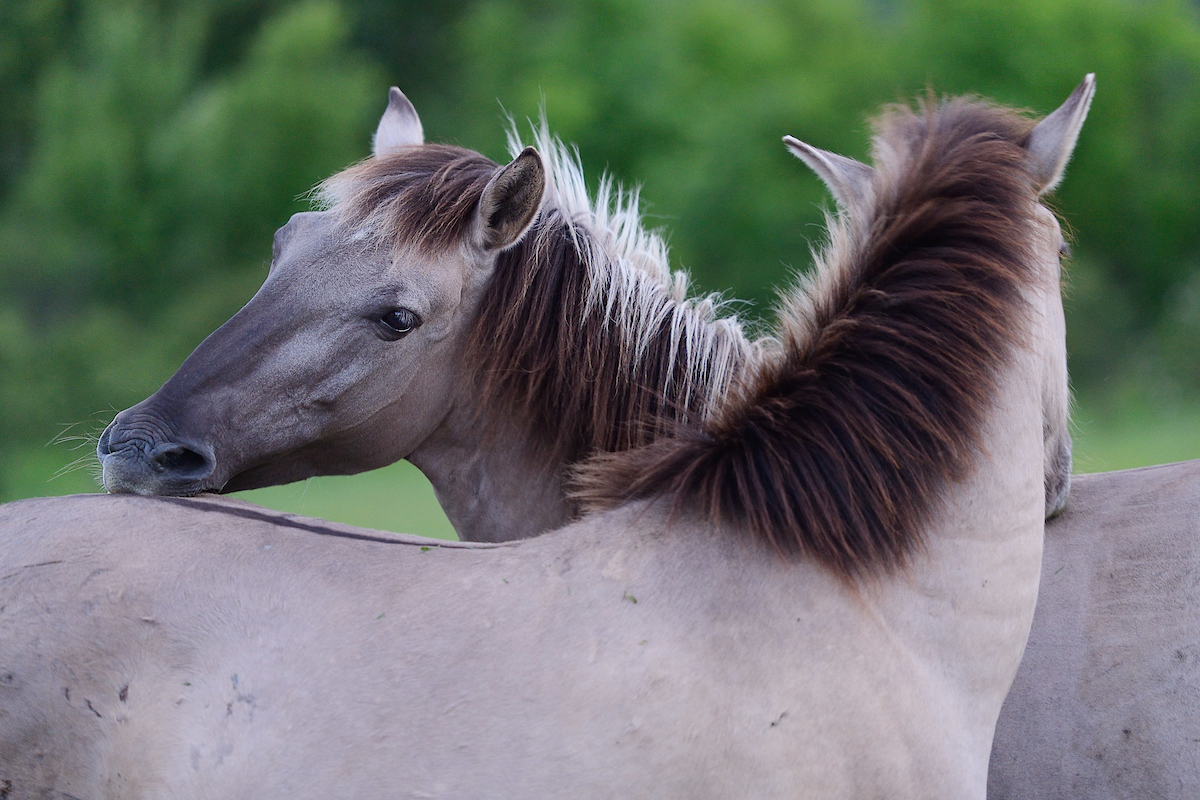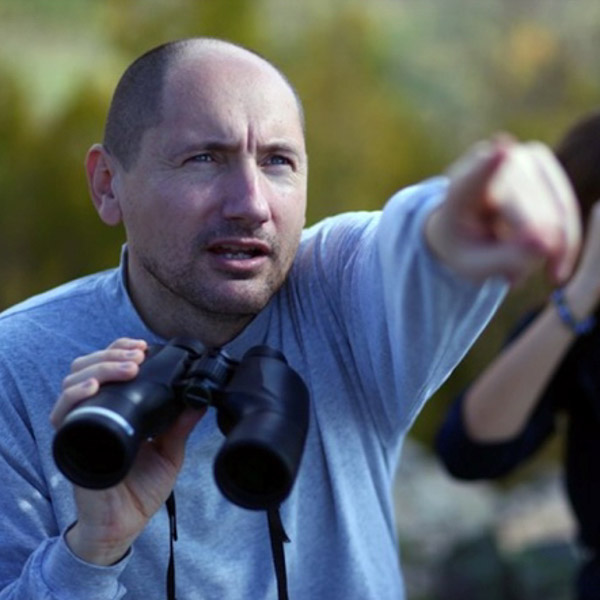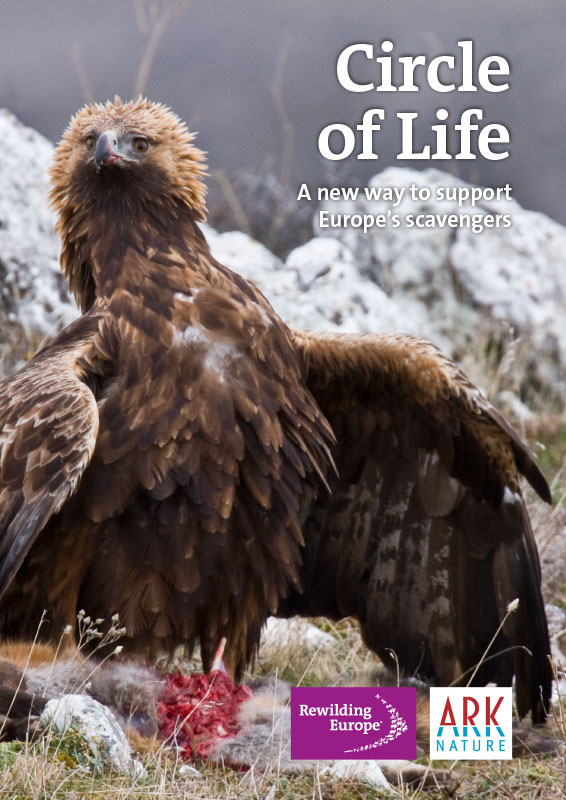In the Rhodope mountains, a battle is on to revive a broken food chain.
A reintroduction of grazers is transforming the Bulgarian Rhodopes. And these hungry animals are not just reshaping the habitat by eating vegetation, they themselves provide food for predators and scavengers.
The ultimate goal is to aid the recovery of vulnerable species like the Black Vulture so they can play their role in the ecosystem, once more. With each natural process being restored, a wild harmony is returning to the rugged landscape. This episode explores how a complex food chain is restored when the vulture and wolf populations are kept healthy.
One of the frontlines in the race to save Europe’s vultures is Bulgaria’s Rhodope Mountains. Situated in the south of the country, the Rhodope Mountain range extends into Greece, creating a thriving crossroads in the Balkan Peninsula.

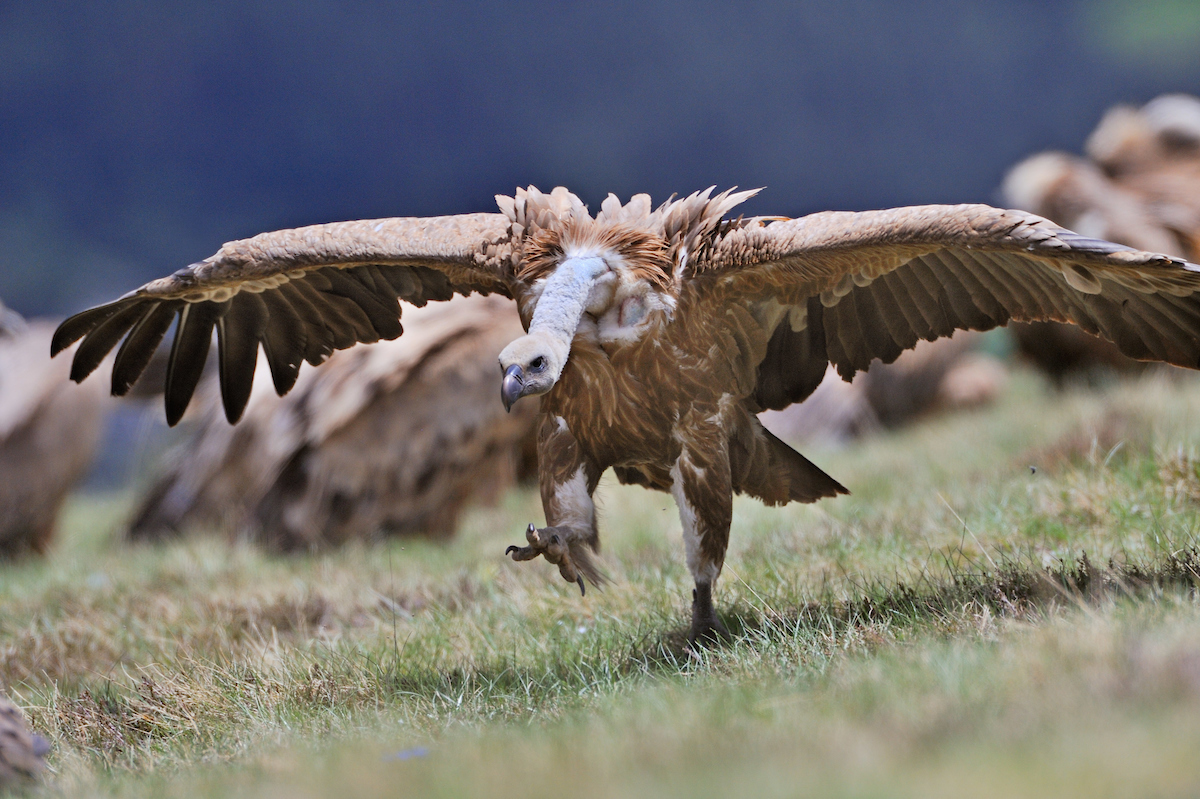




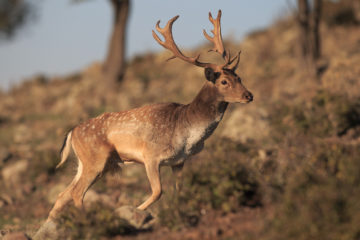 New fallow deer releases in Rhodope Mountains advance natural process recoveryJanuary 6, 2021
New fallow deer releases in Rhodope Mountains advance natural process recoveryJanuary 6, 2021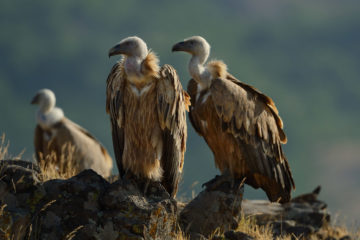 Latest griffon vulture census demonstrates rewilding success in Rhodope MountainsDecember 2, 2020
Latest griffon vulture census demonstrates rewilding success in Rhodope MountainsDecember 2, 2020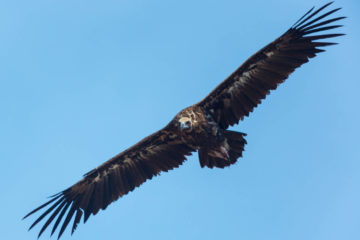 New grant kickstarts cinereous vulture comeback in Bulgarian RhodopesJanuary 15, 2020
New grant kickstarts cinereous vulture comeback in Bulgarian RhodopesJanuary 15, 2020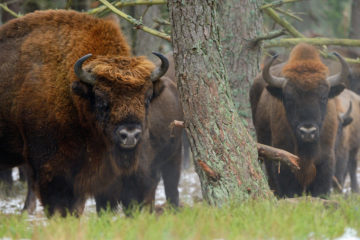 Two more bison released to advance rewilding in the Rhodope MountainsOctober 19, 2020
Two more bison released to advance rewilding in the Rhodope MountainsOctober 19, 2020